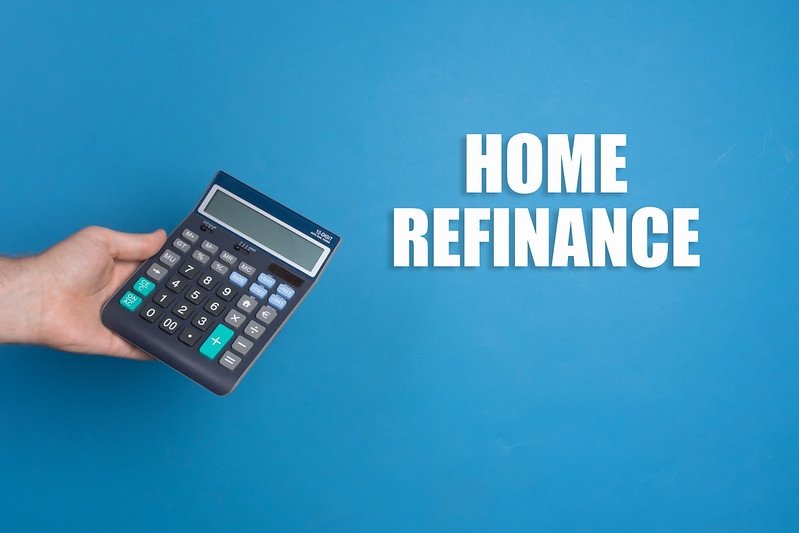Table of Contents Show
In 2021, about 15% of all mortgage holders in the US will be able to refinance. This number is incredibly large, which shows how popular refinancing a home really is.

If you have a mortgage, you may have been considering refinancing for quite some time. The advantages of refinancing are quite interesting.
When it comes to lowering your monthly payments and other financing charges, refinancing is an excellent option, especially when your current mortgage rates are higher than those that have been extended in the refinancing process.
Keep reading below to learn more about what refinancing your house entails and why you should consider it as an option to refinance.
Know Your Credit Score for Refinancing Your House
This is the record of all of your debts, and lenders will use this to see if you qualify for a refinance. To be eligible for refinancing your mortgage, your score should be as high as possible, so pay attention to any disputes in your report and keep up with making payments on time.
Pull your credit report and scores from all three credit bureaus to take an in-depth look at your creditworthiness and help you get the best refinancing deal possible.
It’s important to do research and consider your financial situation carefully. View this page to speak to a knowledgeable loan officer and take the time to understand all of your options.
Read Also:
Know Your Debt-To-Income Record
Refinancing your house is a great opportunity to save money on your mortgage. This is a measure of how much of your net income you spend on debt payments each month, including your home mortgage.
Before applying for a refinance, you should always look at your financial records to determine your debt-to-income record.
It’s also important to assess your current financial situation to make sure you don’t wind up in a worse situation if you refinance. Knowing your debt-to-income record will help you make an informed decision about refinancing and will help you calculate a budget for your new loan.
The Costs of Refinancing
For closing costs, you will likely have to pay for services related to your loan, such as appraisal fees, credit report fees, and loan origination fees.
You should factor in the cost of accessing lower mortgage rates as well as costs associated with potentially changing loan programs.
Before you decide to refinance your house, be sure to get a complete breakdown of the fees and costs associated with the process. Knowing the costs of refinancing your house can help you make an informed decision about whether it is the right move for you.
Private Mortgage Insurance
Private Mortgage Insurance (PMI) is a type of insurance that is typically required when individuals refinance their homes.
PMI is intended to protect lenders in the event that the borrower defaults on their loan. PMI is typically required for any loan that has a loan-to-value ratio of more than 80%.
In essence, PMI ensures the lender in the case of default and can add hundreds or even thousands of dollars to the cost of refinancing.
Prepare Your Home for Refinancing Applications and Processes
Refinancing your house can be made much easier if you prepare your home for it. All you really need to know is what documents will be needed and what to expect during the process.
Make sure to have the paperwork ready and that your home meets the necessary criteria for approval. Bookmark our site now and come back for more insights and valuable information!









